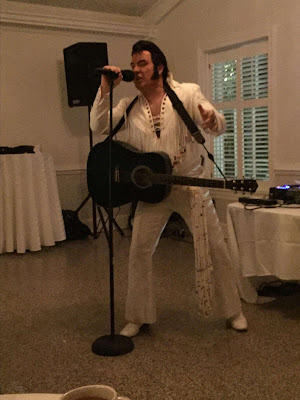r Not the baseball kind of extra innings . . . though one of our high school games went for 12 innings rather than the usual 7. (We won 2-1 . . . a 75 year old memory !) Recently I began a thought-stimulating book--- Four Thousand Weeks. Living 4000 weeks equals 76.92 years. At 87 years and 8 months, I am in another kind of "extra innings". The author argues against living as if we have an infinite amount of LifeTime, that is time to live. The awareness and acceptance of our finitude can potentially clarify our priorities and time usuage.
This week I found echoes of that profundity in two other sources. The late Quaker theologian, Elton Trueblood, urged that "to use rightly the time we still have left is a sacred obligation.(1) And Sarah Delany at well over 100 years wrote a memoir addressed to her younger deceased sister, Dr. Bessie Delany, who was well past 100 at the time of her death: "I remember something you used to say:'Don't waste a single day; it's not yours to waste'. . . . What arrogance human beings have to act life goes on forever! We sit and fuss over silly things, yet once the moment passed, it's gone. We know it in our brains but we don't act upon this knowledge." (2)
We are drowning in data, information, entertainment and electronic 'toys' that keep us preoccupied and distracted from thoughts of our Finitude.
So, now what are we (you and I) going to do with the rest of Life, especially if we are already are in "extra innings"? Is the objective to design a detailed plan or to be attentive to guiding principles and values? Some might protest that the topic is much too morbid. After all, whatever happened to 'eat, drink and be merry', ignoring that the next line of that ditty is 'for tomorrow you may die'.
While I hope to continue adding "extra innings", I want it to be with gratitude for the gift of being alive. And, like Don Quixote when asked why he did the things he did, replied, "I hope to add some measure of grace to the world."
Satchel
(1) Quoted in "Time After Time", in Jay Marshall's Blog Light Musings
(2) Sarah Delany, On My Own at 107









